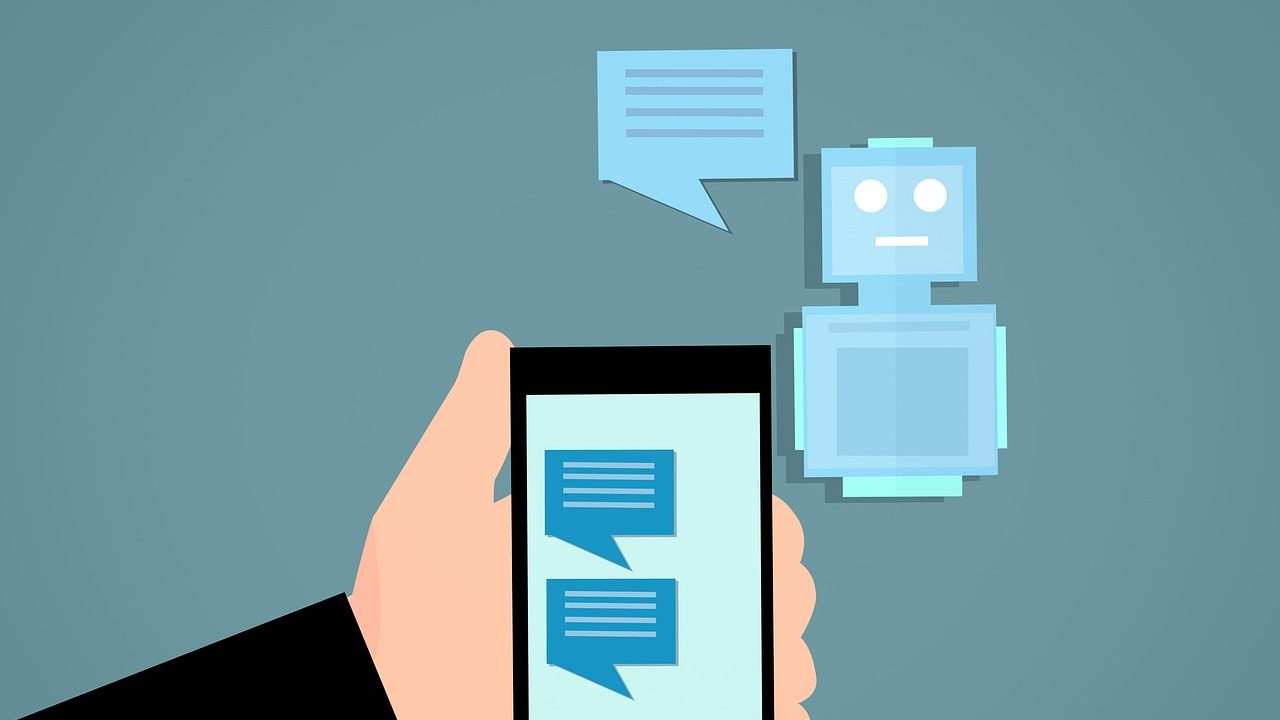Overview
This multisite research was designed to harness the power of social media to increase vaccination confidence and uptake in Thailand, Hong Kong, Singapore, and Japan.
This was achieved through the application and evaluation of the effectiveness of multilingual artificial intelligence services (chatbots) in tackling Covid-19 vaccine hesitancy and improving hesitant users’ COVID-19 vaccine confidence and acceptance for their dependent family members.
This study was the first multisite, parallel RCT on multilingual vaccine chatbots, which accommodated the most used languages and the most widely used communication platforms, developed by leading, trusted public health research organisations or government agencies.
The project’s RE-AIM framework reported high acceptance among stakeholders and strong scalability.
Methodology
The research was conducted via multisite parallel randomised controlled trials (RCT) in Thailand, Hong Kong, Singapore and Japan conducted with 2,045 hesitant adults who were at least 18 years old and have unvaccinated children or elderly family members between February 11th 2022 and June 30th 2022.
The trial covered seven major categories for improving COVID-19 vaccine confidence and acceptance across various countries:
- 1) Importance/Necessity
- 2) Safety
- 3) Effectiveness
- 4) How to get vaccinated
- 5) Tips before vaccination
- 6) Tips after vaccination
- 7) Debunking misinformation
Findings
Results indicated that for the most hesitant populations, chatbots might help identify their main reasons for rejecting or delaying vaccination. This study found that mobile messenger apps could be leveraged to provide accurate vaccine information and investigate vaccine intention and risk factors for vaccine hesitancy, and reported mixed findings regarding the effectiveness of conversational chatbots depending on the target population. Based on lessons learned the team is working to translate findings for a new context and/or vaccine.

